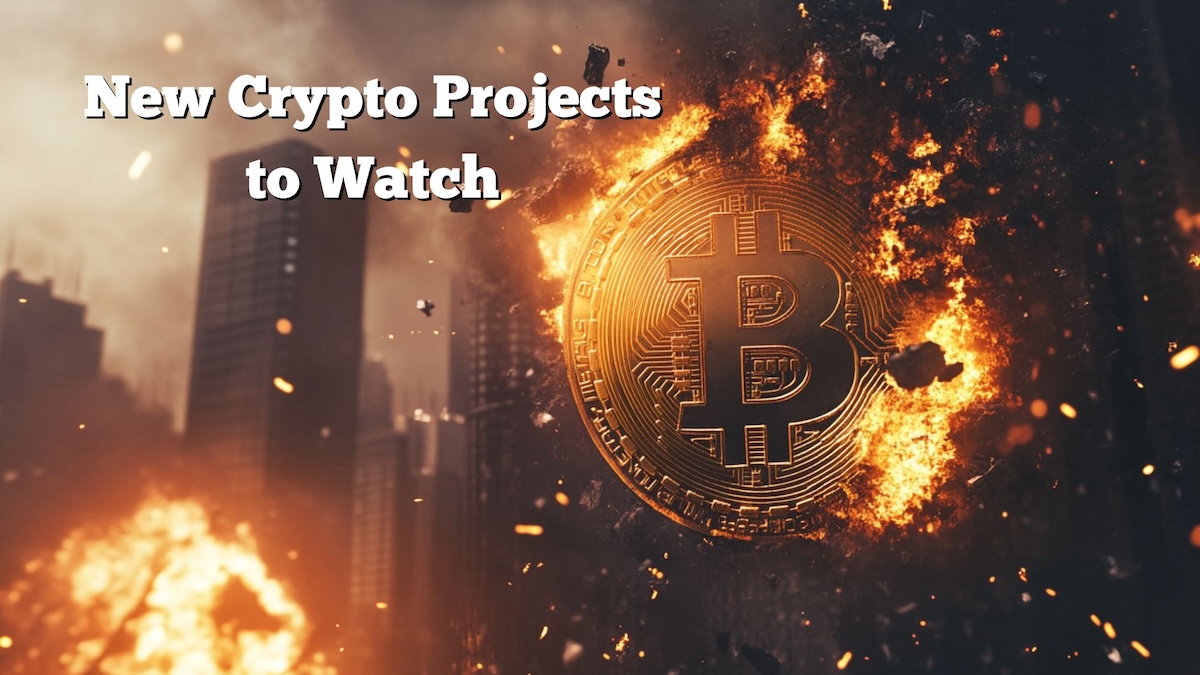Money Magazine Publishes Guide on Identifying and Investing in Crypto Presales

Crypto presales offer a compelling opportunity for early investors to acquire new digital assets at a discounted rate before they become publicly available. This mechanism provides a dual benefit: investors can potentially realize significant returns if the coin appreciates, while development teams secure crucial funding for their projects. A prime example of such early adoption success is Ethereum (ETH), which was available for approximately 30 cents during its presale in 2015 and later reached an all-time high of nearly $4,900, yielding astronomical returns for initial backers.
However, the allure of high returns in crypto presales is accompanied by substantial risks. Not all presales succeed; many can lead to failed launches, lack sufficient liquidity once tokens go live, or, in the worst-case scenario, turn out to be outright scams. Given these inherent risks, prospective investors must exercise diligence and understand how to identify legitimate opportunities, evaluate project viability, and safely participate, while also recognizing common pitfalls to avoid.
Identifying legitimate crypto presales requires navigating a fast-paced and often noisy digital landscape. One of the most reliable avenues is through crypto launchpads, platforms specifically designed to host presales and token launches. Popular examples include Binance Launchpad, CoinList, and DAO Maker, which typically vet projects before listing them, thereby helping to filter out fraudulent or low-effort offerings. Another effective strategy involves monitoring social media platforms and crypto forums. Twitter (now X), Reddit (particularly subreddits like r/CryptoMoonShots), and Telegram groups are frequently buzzing with early project announcements and discussions, often signaling new projects before they gain mainstream attention. Additionally, directly consulting project websites and whitepapers is crucial, as many startups announce their presales on their official sites, providing detailed documentation on their mission, tokenomics, and development timelines. While crypto influencers and industry newsletters can offer insights, it is imperative to independently verify any claims before taking action.
Evaluating the legitimacy and potential of a crypto presale project hinges on several key factors, with transparency being paramount. Projects with anonymous or unverifiable teams present a significantly higher risk, as accountability is severely diminished if issues arise. Investors should diligently research who is behind the project, confirming if team members have public profiles and relevant experience in blockchain technology, finance, or software development. Furthermore, a trustworthy project will provide a comprehensive whitepaper and a clear roadmap. These documents should meticulously explain the crypto's purpose, its technical architecture, and its strategic goals. Vague or overly generic documentation should be considered a red flag, potentially indicating a lack of serious intent or originality, or even a precursor to a scam. Security is another critical aspect; reputable projects often undergo smart contract audits performed by independent third-party firms like CertiK or Hacken. These audits are vital for identifying and rectifying vulnerabilities in the project's code before it is deployed, adding a layer of security assurance for investors.
Participating in a crypto presale first requires setting up a Web3 wallet. These digital wallets, such as MetaMask, Trust Wallet, or Best Wallet, not only securely store the private keys to your cryptocurrency but also facilitate interaction with decentralized applications (dApps) and services built on the blockchain. For instance, Best Wallet offers an integrated launchpad, full anonymity, and supports a vast array of cryptocurrencies across multiple popular blockchains without requiring KYC (Know Your Customer) procedures. Once a suitable presale is identified and thoroughly vetted, ensure your chosen Web3 wallet supports the project's specific blockchain network, be it Ethereum, BNB Chain, Solana, or another. The next step is to acquire the necessary cryptocurrency for the purchase; most presales accept widely used coins like ETH, BNB, or USDT, although some may also accommodate payments via credit cards, debit cards, or platforms such as PayPal. After funding your wallet, navigate to the presale’s official website or launchpad and securely connect your wallet via its Web3 interface. This enables you to execute the transaction and confirm it within your wallet. It is common to receive a placeholder or receipt initially, with the actual tokens typically being distributed after the presale concludes. Post-investment, maintaining engagement with the project's community through channels like Discord or Telegram is highly recommended, as updates regarding launch dates, exchange listings, and token distributions are often shared in real-time, aiding informed decision-making.
Despite their potential, crypto presales are fraught with potential pitfalls, and awareness of common mistakes is crucial for mitigating risks. Firstly, falling for scams is a pervasive danger; fake websites and impersonator accounts are rampant. Always verify official links through trusted sources or reputable aggregator sites such as CoinGecko or CoinMarketCap. Secondly, ignoring token vesting schedules can be detrimental. A vesting schedule dictates the gradual release of tokens to investors or team members over time. If your acquired tokens are locked for extended periods while others can trade freely, your investment may depreciate before you have the opportunity to realize its value, a situation indicative of a potential pump-and-dump scheme. Thirdly, overexposing your portfolio to presales is imprudent. These are inherently speculative and high-risk investments, and even well-backed projects cannot guarantee success. Diversifying holdings and limiting exposure to an amount you can comfortably afford to lose is a sound strategy. Fourthly, overlooking gas fees and transaction limits, especially on chains like Ethereum known for high gas fees, can lead to failed or delayed transactions, potentially causing missed buying opportunities. Finally, using unsecured devices for interacting with presale smart contracts poses significant security risks. Always use secure, up-to-date devices and meticulously avoid connecting your crypto wallet to unknown dApps or clicking suspicious links, even if they appear within seemingly legitimate forums or group chats.












